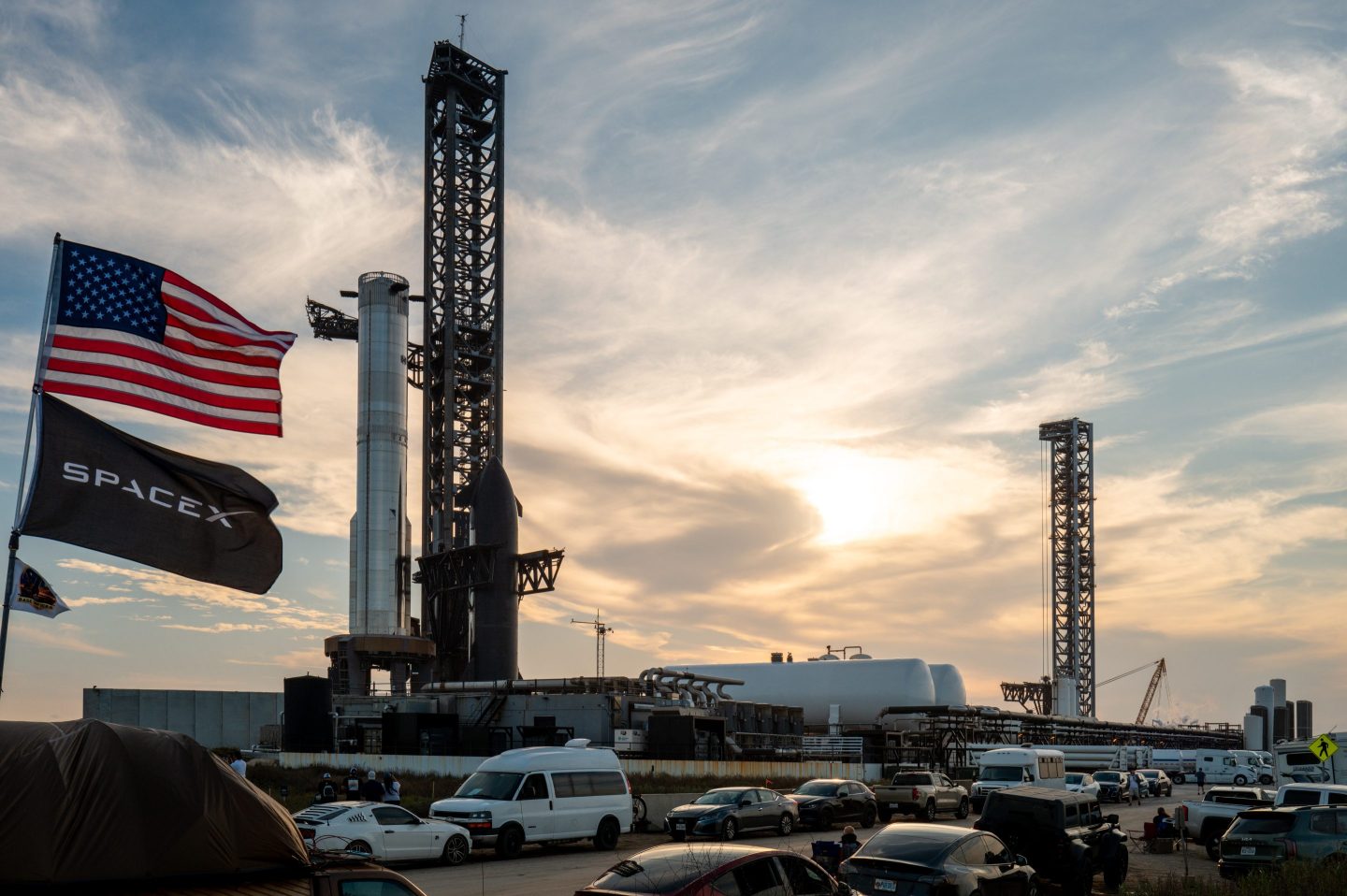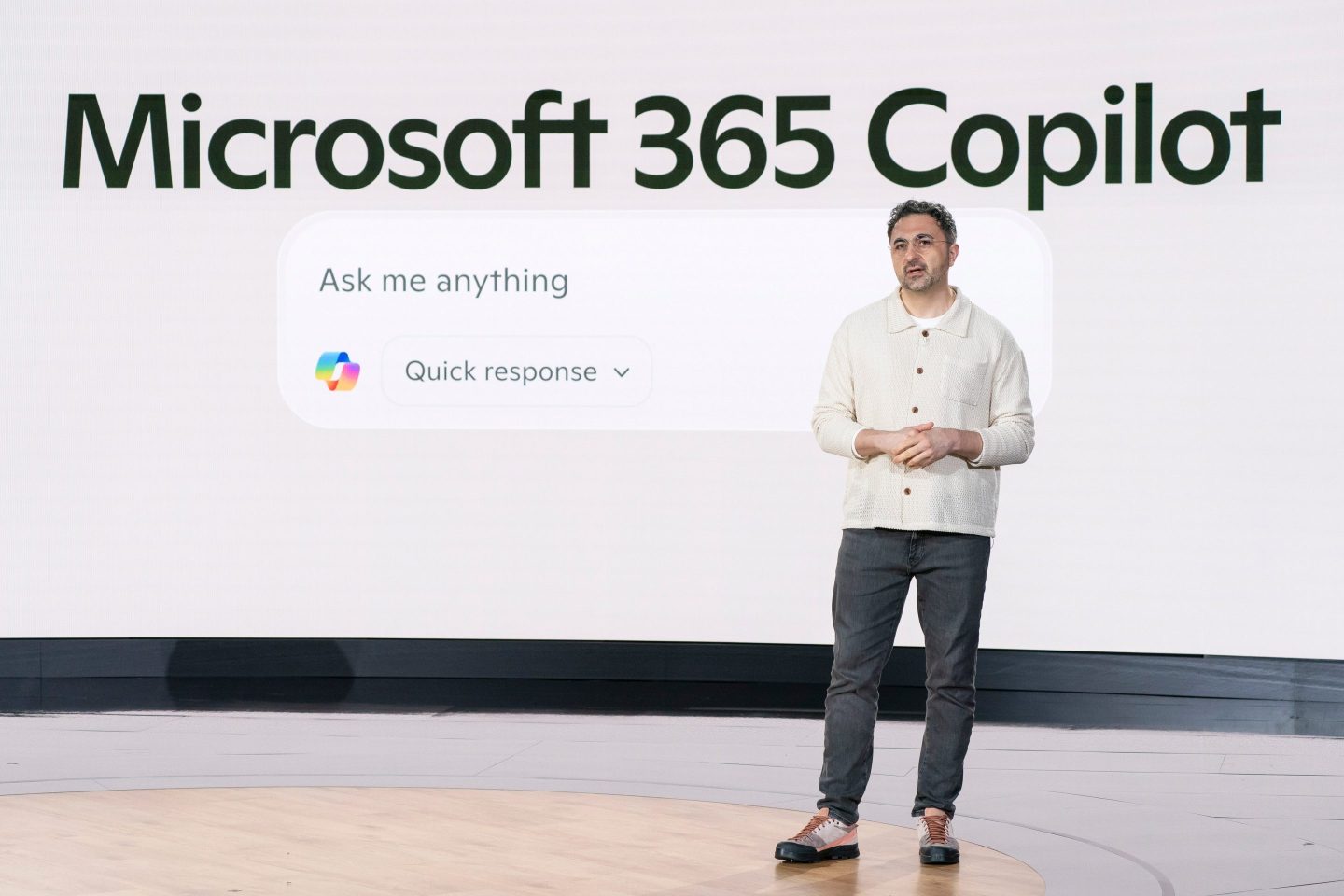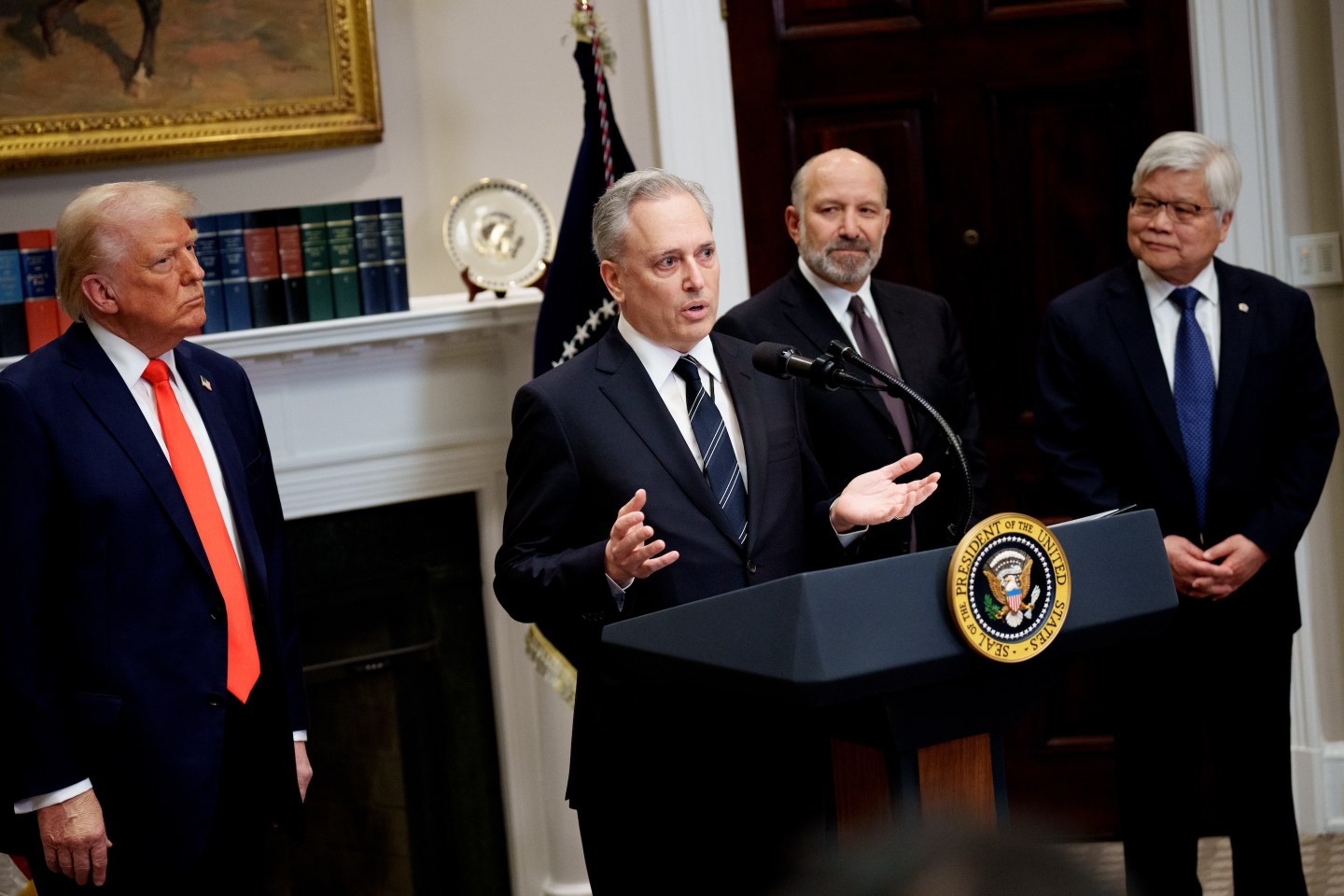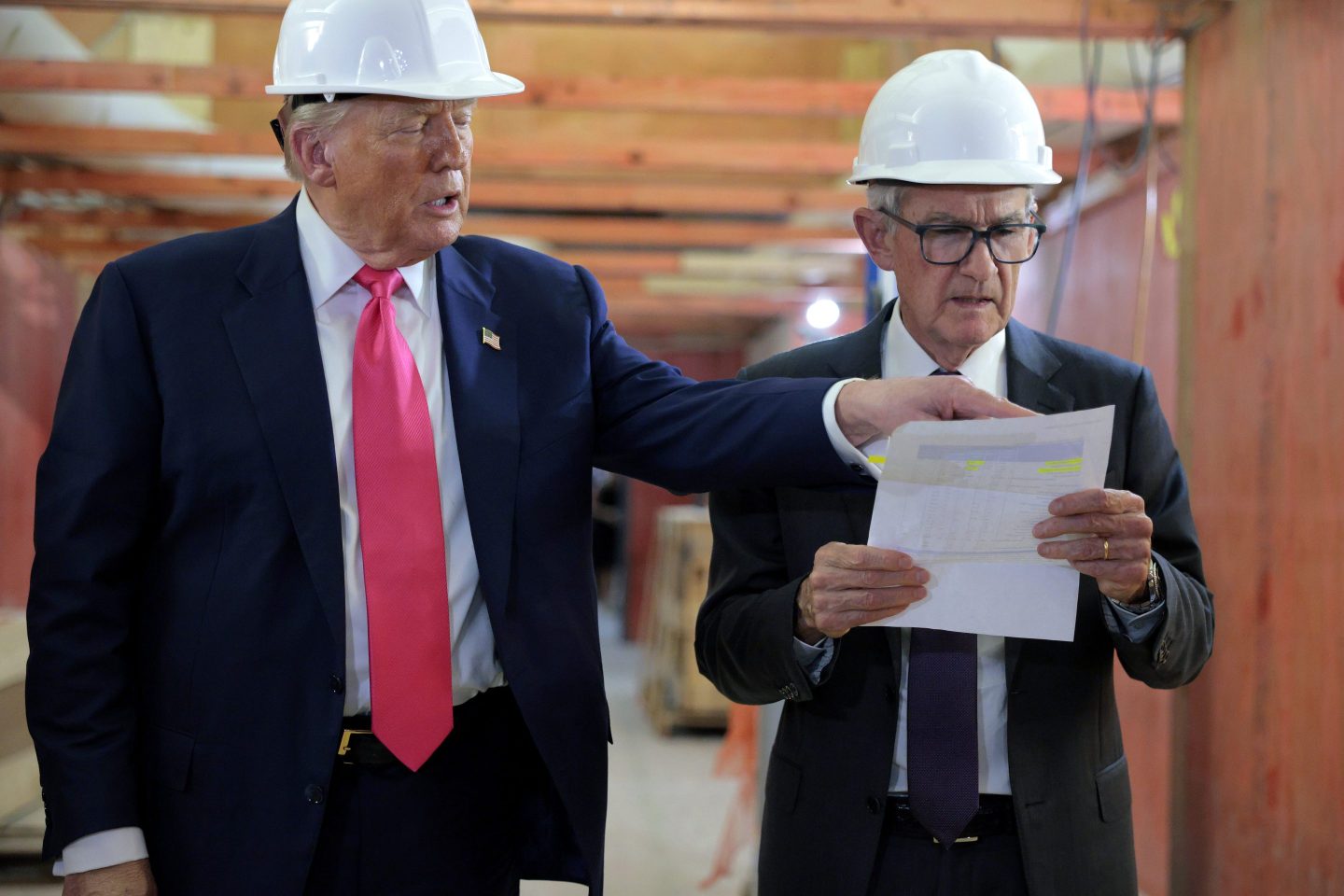Global growth is stalling. Trade wars are hammering manufacturers, from Shanghai to Stuttgart to Seattle. But, awful as today’s economic outlook appears, Industry 4.0 is alive and well, its most ardent backers say.
Industry 4.0 is the catch-all term for the implementation by businesses of big data, improved robotics and artificial intelligence systems. And it’s still expected to be a major driver in global growth over the next decade, and beyond. Yes, even in manufacturing.
By 2035, this A.I.-powered push will provide a $14 trillion boost to the global economy, consulting giant Accenture predicts.
That’s the assessment of Marc Carrel-Billiard, global senior managing director at Accenture Labs, who rattled off these numbers during his keynote presentation at World Summit A.I. in Amsterdam on Wednesday. By way of example, he cited research that traced the progress in one growing area of A.I.-powered automation: call centers. Five years ago, A.I. bots could successfully resolve one out every ten customer phone calls. Today, he said, it’s 60%.
Moreover, he predicted, this push to automate will not be the jobs-killer the more bearish economists out there fear.
But before technologists take a victory lap, there’s a caveat.
They’re not a threat to jobs, he says, “because these systems are not very intelligent.” AI—and its many iterations: machine learning, natural language processing, machine vision, image- and voice-recognition—is well adapted at highly specialized tasks. It does a decent job telling you what the weather will be tomorrow, or ordering movie tickets or helping you find the fastest route home during the evening commute. All manner of businesses are using A.I. increasingly on the enterprise level to make sense of the vast flows of structured and unstructured data they collect to root out inefficiencies, and save costs.
But, as Carrel-Billiard notes, A.I. still has a blind spot. It’s trained to interpret certain data sets, not infer meaning or context from a complicated world. A.I. is a specialist, not a generalist, he says. And therefore, much work is needed to make these systems truly intelligent.
Gary Marcus, professor of psychology and neural science at New York University and author of Rebooting AI, is even more frank in his assessment. He calls deep learning— the subset of A.I. that can make sense of huge amounts of data with little to no oversight from human minders—a misnomer. It’s good at narrowly focused tasks, but he questions its much-ballyhooed potential to, for example, revolutionize transportation (self-driving cars) and medicine (analyzing huge volumes of MRI scans for signs of cancerous growths). “Deep learning is no substitute for deep understanding,” he says.
“The number of radiologists who’ve been replaced by deep-learning systems?” he asks. “Zero.”
Carrel-Billiard, for one, believes that in order for A.I. systems to be truly effective they need to be designed to be accountable, transparent and free of bias—not just super-fast task rabbits. Only then will such systems reach their full potential.
On day one of the World Summit A.I., much of the early discussion was about the need to build so-called ethical A.I. systems. Marcus and Carrel-Billiard, among others, challenged the development community to build A.I. systems that are accountable, transparent and free of bias.
Unless it’s responsible, Carrel-Billiard says, “nobody will trust it, and nobody will use it.”
More must-read stories from Fortune:
—How the man who nailed Madoff got GE wrong
—Most Powerful Women 2019: See who made the list
—Meet the women leading Netflix into the streaming wars
—Why the next recession may feel very different than 2008
—Old Navy is about to sail away from Gap Inc.—and into some choppy waters
Subscribe to Fortune’s The Loop newsletter for the latest on the revolutions in energy, technology, and sustainability.











